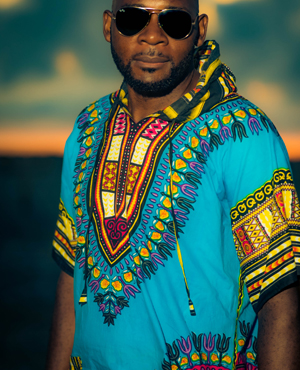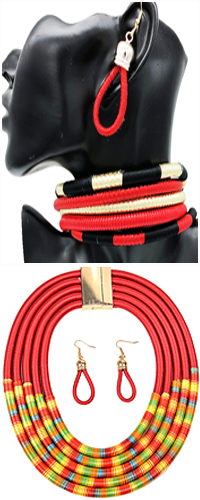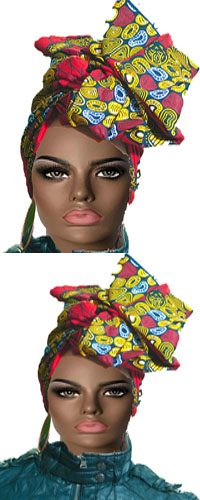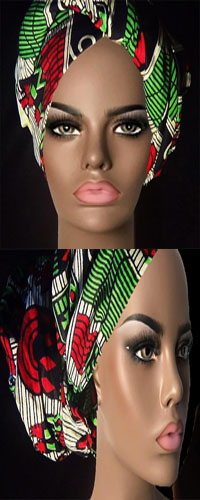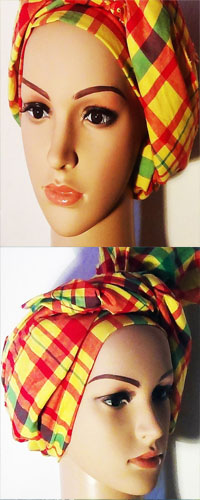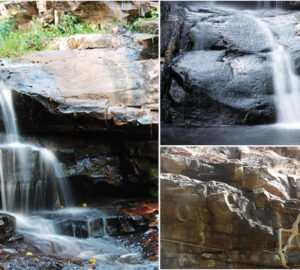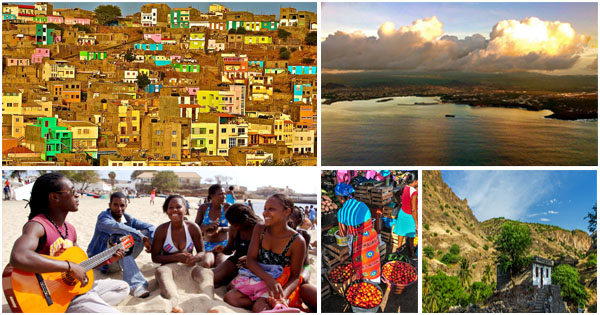
Discover the verdant island of Santiago in Cape Verde
If you love nature, the sea and lush, relaxing landscapes, Afroculture.net invites you to discover the island of Santiago in Cape Verde. It’s the country’s largest and most populous island. It covers an area of 991km², with Pria as its capital.
Santiago is a cultural and historical city where the omnipresence of African history and Portuguese influence reigns supreme. You can feel this in everyday life. For example, in the music, dance and cuisine. There are many cultural events in Praia. For example, you can listen to Creole music at the Krio Jazz Festival in April. Or you can visit the ethnographic museum Museu Etnográfico on Julho Street, which traces the life of the Cape Verdean people.
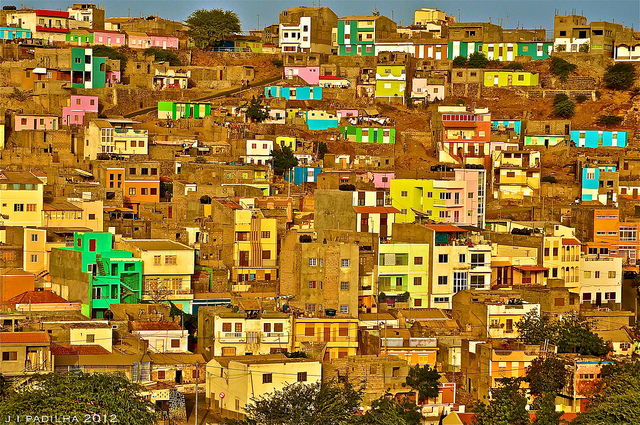
photo credit: J.I Radura 2012
It’s also worth noting that Santiago’s history has been marked by the slave trade and the timber, cotton and sugar cane trade. It was a common port of call for slave ships.
Finally, Cape Verde is a very religious country. There are many places of worship where you can express your faith. You’ll find Africa’s first cathedral and numerous monasteries. You can visit the Nossa Senhora de Graça church and the Capela de S.Antonio chapel. Don’t forget to visit the Temerosa Point lighthouse for a magnificent view of the country.
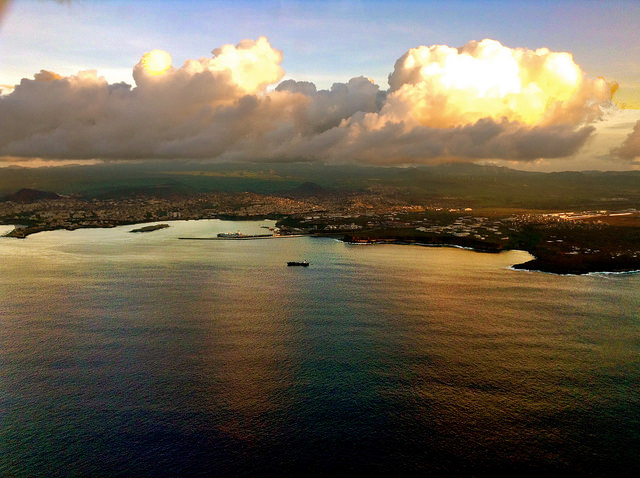
What are the different activities you can do?
- Visit to the historic center of Praia.
- Discover the towns of Cidade Velha and Pico de Antonia. Cidade Velha stands out as the first town built by the Portuguese when they arrived on the island in the 15th century.
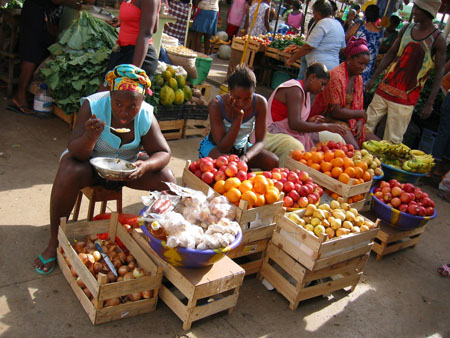
- Walk and discovery of the Grandvaux Barbosa botanical garden.
- Discover the town of Tarrafal.
- Visit to the Museu Etnográfico ethnographic museum: 5 de Julho street – Opening hours: 10 a.m. to noon and 3 p.m. to 7 p.m. Monday, Wednesday, Friday and Saturday; 10 a.m. to 1 p.m. Tuesday and Sunday.
- Visit the Palace of Culture (Palácio da Cultura), where many cultural events are held.
- Buy souvenirs at the Sucupira market.
- Decipher the words engraved on the Rocha Escrita, in Ribeira de Prata on the north side of Santiago Island.
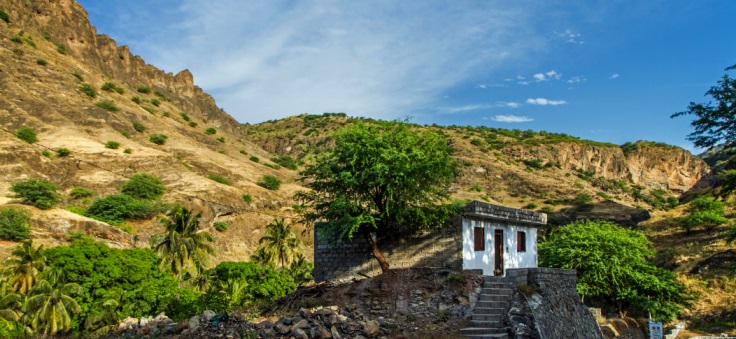
|
|
What do you think?

